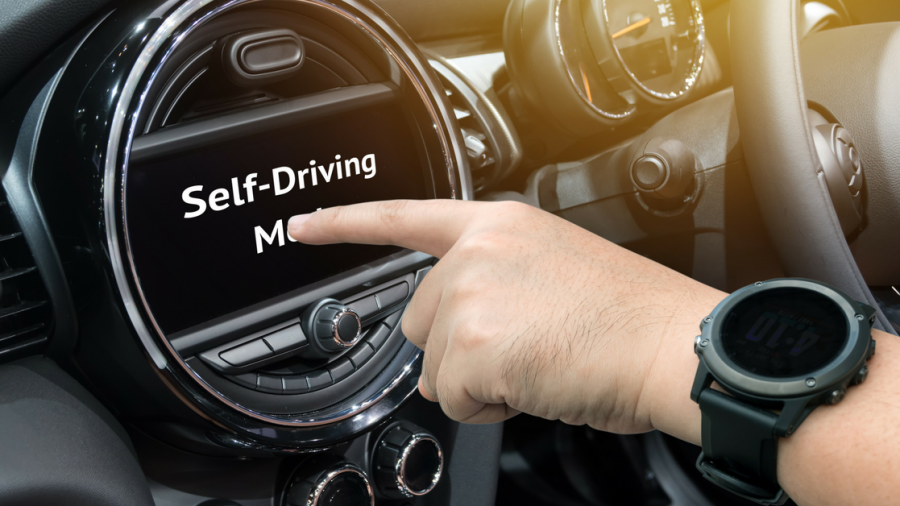How safe should a self-driving car be? It’s an obvious question to ask but the answer is far less clear cut. Research suggests self-driving cars must be safer than humans. In fact, they may need to be four or five times safer than humans just to be accepted.
We are risk averse
Humans are often more risk averse when they have to depend on external factors for their safety. For example, the typical backseat driver who doesn’t trust the person doing the driving but loves to take risks!
The same is true for self-driving cars. Respondents in recent research were much less likely to accept self-driving cars with the same risk as current vehicles.
Currently, the global risk of deaths on the road is 17.4 per 100,000. This contrasts starkly with the low 5 per 100,000 for self-driving vehicles tolerated by half the respondents in this study.
Willingness to accept self-driving cars also depends on the extent of risk. The study found:
- Unacceptable risk if self-driving vehicles are less safe than human drivers
- Tolerable risk if self-driving vehicles are four to five times safer and able to reduce 75-80% of current road deaths
- Broadly acceptable risk if double the improvement over current traffic risks, or the same as public transport.
Do Australians want them?
Ford found last year only 52% of Australians are “hopeful” about the future of self-driving cars, compared to 83% of Chinese and 81% of Indians. In fact, 53% of Australians say AI will do more harm than good.
Meanwhile, IAG, one of the biggest motor insurers, says self-driving vehicles are a lot further off than American forecasts imply. Currently, a fully self-driving vehicle requires more software code than a typical passenger jet plane. Not only that, hundreds of regulations will need to be discussed and changed.
US forecasts expect to see “aggressive take-up” of driverless cars by 2025, compared to IAG’s more conservative 2030. IAG expects 20% of vehicles will be mainly driverless by 2035 but only 14% of vehicles will be fully driverless by 2040.
If these forecasts are accurate, vehicles with different levels of autonomy will be on the roads at the same time. No wonder some people are wary about the safety and future of self-driving cars. Can self-driving cars ever really be safer than humans?


your opinion matters: